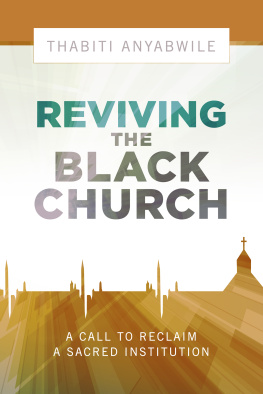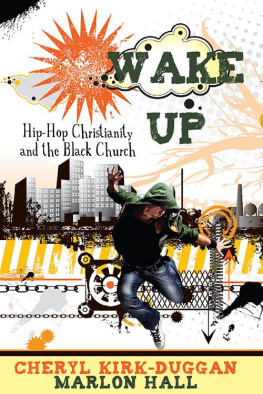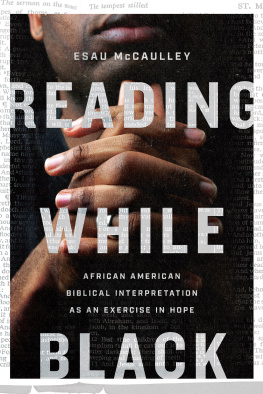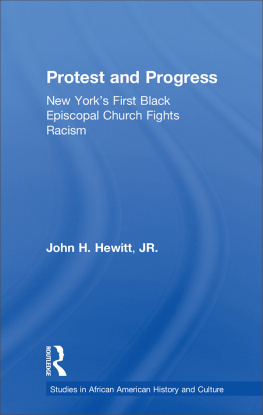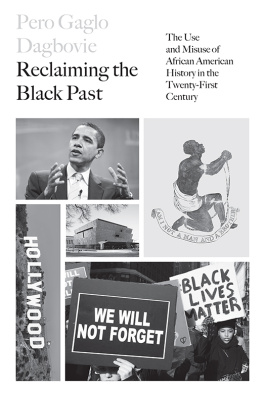If the Ghost Hunters snuck up behind me as I was trying to write, they might see a universe of slave liberators, political agitators, Baptist preachers, exuberant orators, beloved writers and incomparable musiciansso many musiciansarrayed around me all in chorus, urging and cajoling and daring me to somehow dig a little deeper.
Tour
I write in a moment of time with the television muttering in the background, ancestors dictating and peering over my shoulder, while my fingers fly over the keyboard. I am trying to translate what I hear into what can be read. Thirteen years ago, in 2004, I wrote Joy Unspeakable. Oh, how time flies! Joy was written before Obama, before the Arab Spring, before Black Lives Matter, before we knew that not only would the revolution be televised, it would be waged on social media. The first edition of Joy was my witness to contemplation as an unexamined aspect of black religious life.
At the time, so much had been written about the black church, its denominations, practices, worship, and preaching that there seemed to be little left to say and even less that was unexamined. But black religious life in America is complicated. It is both invisible and the object of stereotypical common knowledge. Too often, its complexities are hidden in plain sight. And yet, I knew from the traditions and stories of the elders, from my participation in mystical spiritual practices in diverse settings, that black religious life includes abiding contemplative practices. These practices were explored culturally and historically in the first edition.
This new edition includes several updated and two new chapters. In chapter 7, Black Lives Matter and the Black Church: Twenty-First-Century Contemplative Activism, I consider the emergence of the Black Lives Matter Movement and its challenge to white supremacy and to the black church. In the silent aftermath of the Civil Rights Movement, another generation of activists emerged to challenge the violence of the police against unarmed members of the community. They have freedom songs that the media seldom records; they use the language of faith but reject the misogyny and heteronormativity of the black church. This chapter suggests that the contemplative practices of the Black Lives Matter movement are part of the lineage of black communal and church traditions.
In chapter 8, Deep Rivers: The Contemplative Presidency of Barack Hussein Obama, I examine the contemplative formation of President Barack Obama during his years as a community organizer and during his mentoring at Trinity UCC under the Rev. Dr. Jeremiah Wright. I also include a section titled Look at Her Arms! on Michelle Obamas contemplative witness of black feminine embodiment. Finally, in the last chapter, I expand my review of art and contemplation by considering the contemplative underpinnings in the music and personal profiles of current artists.
Since 2004, everything has changed and nothing has changed. In the aftermath of the first black presidency, African American citizens are experiencing a reprise of state-sponsored and street violence against another generation of young black/minority women and men. The bombing of a gay night club in Orlando indicates that hatred is as virulent as it was in decades past. The 2016 election of Donald Trump, the rise of the alt-right, and the denial of environmental decline are all stunning signs of the times. Given where we are, contemplative practices must do more than offer respite and space for retreat. We need healing practices and transformative responses to issues that continue to divide our society.
We need to provide a platform for intergenerational dialogue and support for communities under siege. Only time will tell if contemplative practices will help to shift the paradigm of oppression. Right now, joy is truly unspeakable, but I have faith that soon, and very soon....
I am grateful for my editor, Michael Gibson, and my husband, George, who revived my joy. And for the great cloud of witnesses who lean into the writing with me.
- Langston Hughes and Tour, Langston Hughes and Tour on Loving Blackness in a Nation Ruled by White Supremacy, in The Mountain Has Changed, The Nation, 150th Anniversary Issue, April 6, 2015, https//www.thenation.com/article/encounter-langston-hughes-and-toure/.


